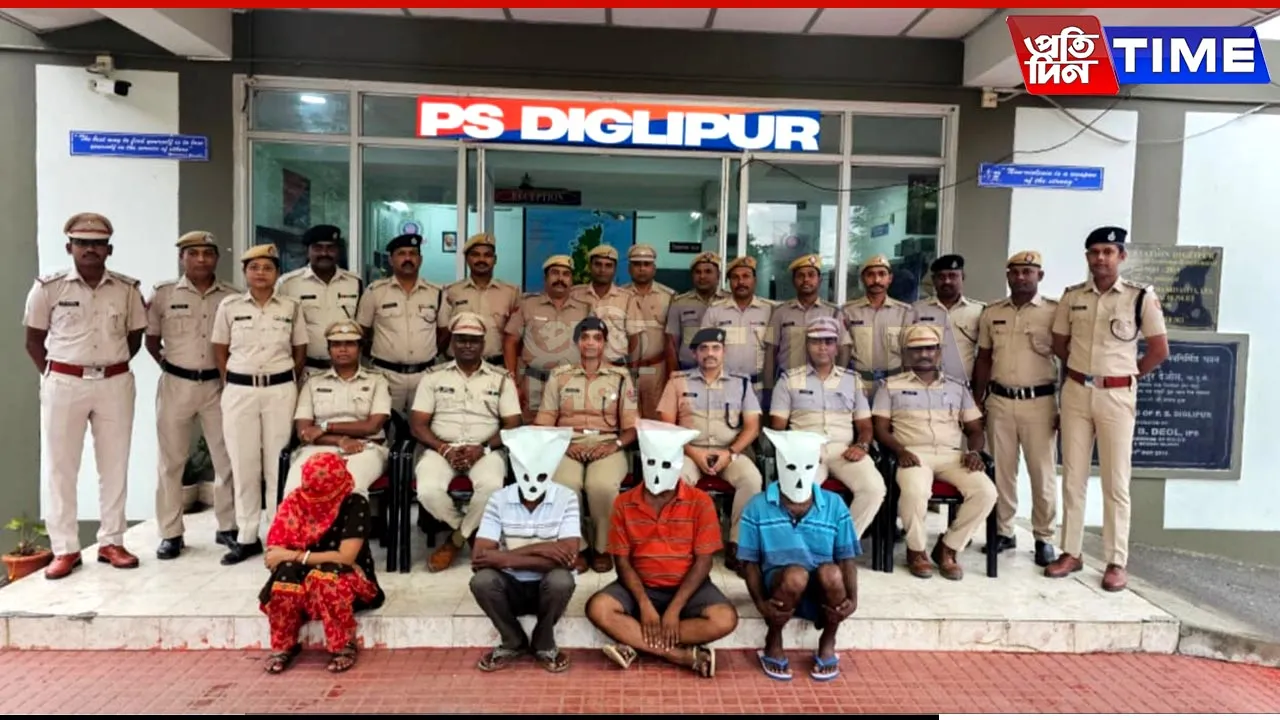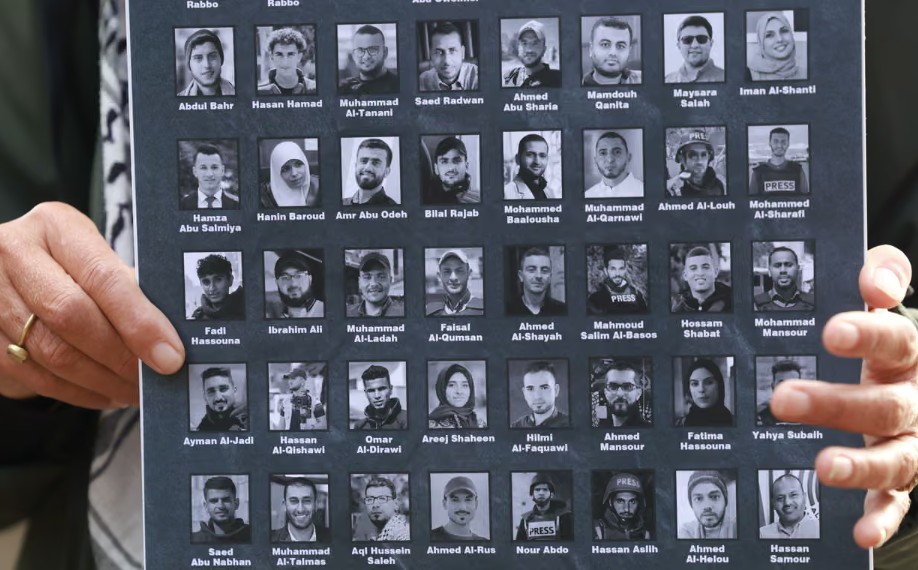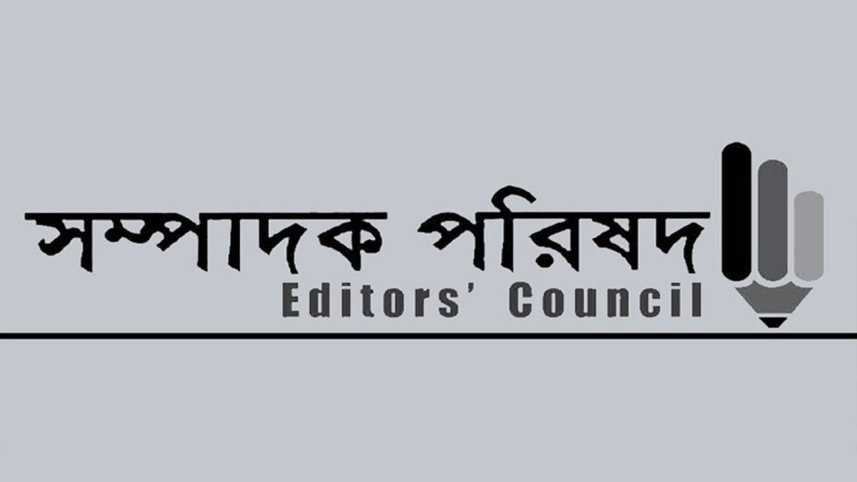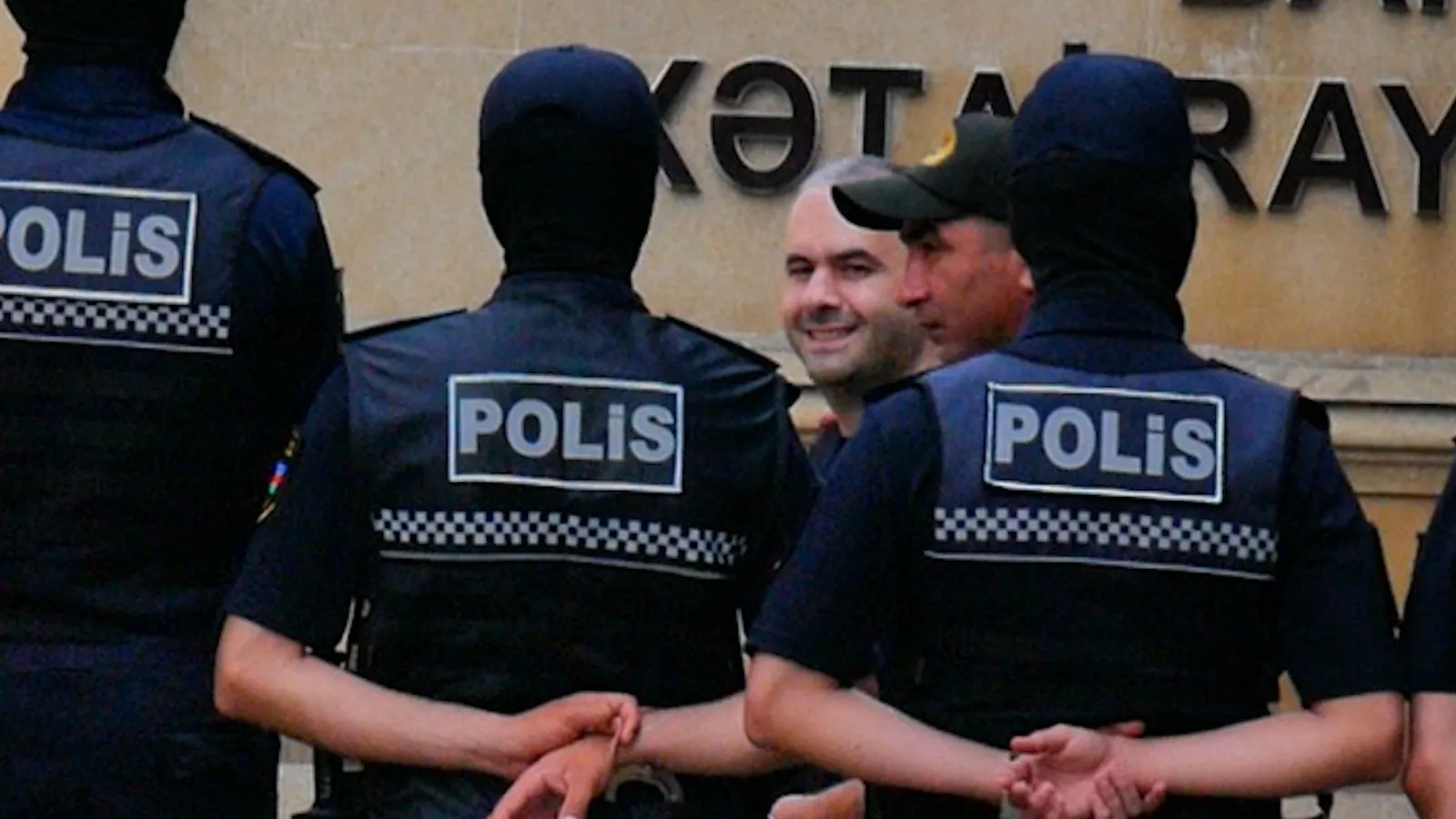
Azerbaijan’s Intensifying Crackdown on Independent Media and Civil Society
April 11, 2025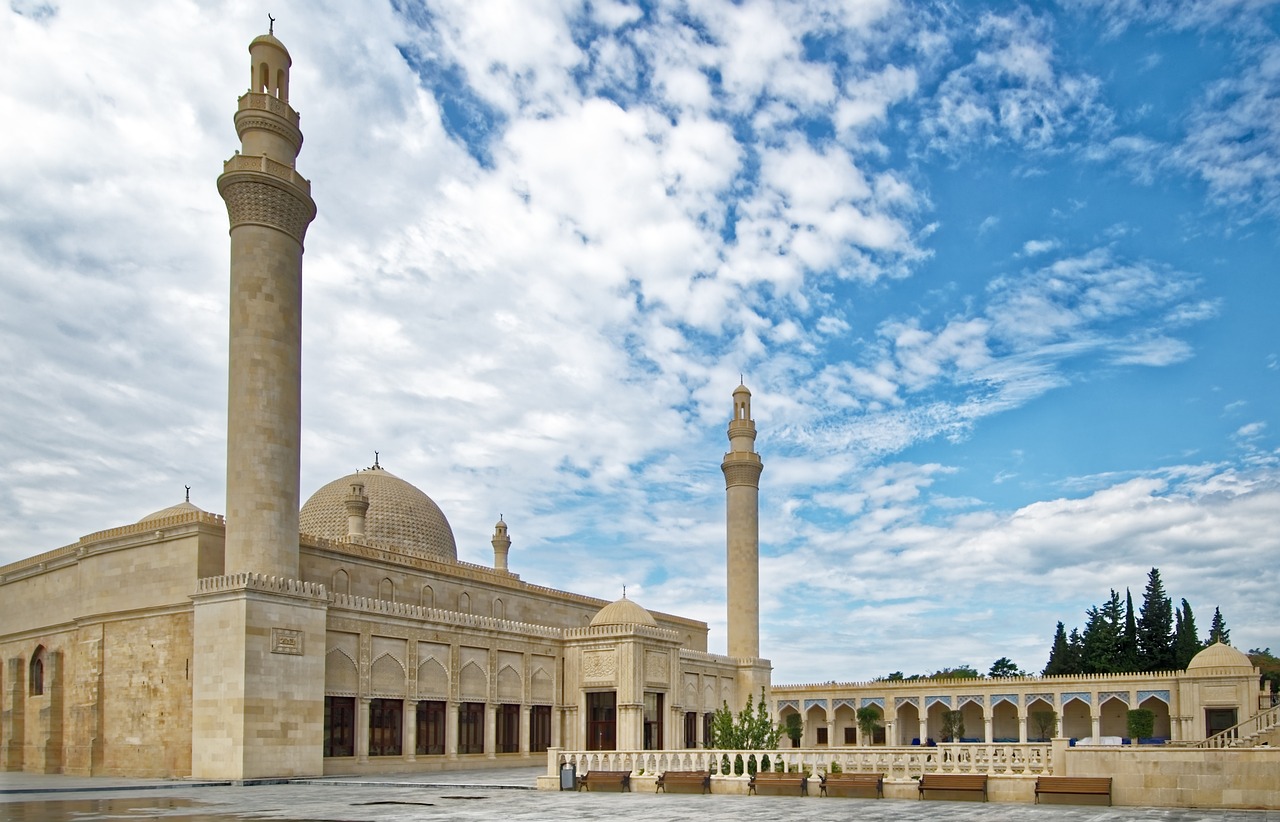
Tofig Yagublu’s Imprisonment and Hunger Strike Spark International Outcry
April 12, 2025April 12, 2025 – India –
In recent months, Indian authorities have taken prompt action in several journalist murder cases, earning commendation from the public and media rights organizations. This proactive approach marks a significant shift in addressing crimes against journalists, a profession that has often faced threats and violence.
One notable case is that of journalist Mukesh Chandrakar, who went missing on January 1, 2025. His body was discovered two days later in a septic tank at a property owned by a contractor in Bijapur town, Chhattisgarh. Chandrakar was known for his investigative reporting on corruption and insurgency in central India. The Special Investigation Team (SIT) swiftly identified and arrested the prime accused, Suresh, along with his two brothers and a supervisor, showcasing the authorities’ commitment to justice.
Similarly, in Uttar Pradesh, the murder of journalist Raghavendra Vajpayee prompted immediate action. The Press Emblem Campaign (PEC), a global media safety organization, expressed deep concern over Vajpayee’s death and urged authorities to conduct a thorough investigation. The swift response by the police in arresting suspects in multiple journalist murder cases has been lauded by the public, raising hopes for justice and setting a precedent for future cases.
These developments align with the objectives of the UN Plan of Action on the Safety of Journalists and the Issue of Impunity, which aims to create a free and safe environment for journalists worldwide. The plan emphasizes the importance of prompt and thorough investigations into crimes against journalists to combat impunity and uphold press freedom.
While these actions are commendable, experts stress the need for systemic reforms to ensure long-term protection for journalists. This includes establishing national safety mechanisms, providing legal support, and fostering a culture that respects and upholds press freedom. The recent swift actions by Indian authorities serve as a positive step towards these goals, demonstrating a commitment to safeguarding journalists and reinforcing democratic values.
Reference –

